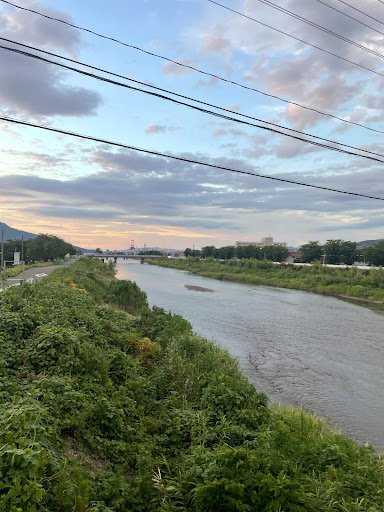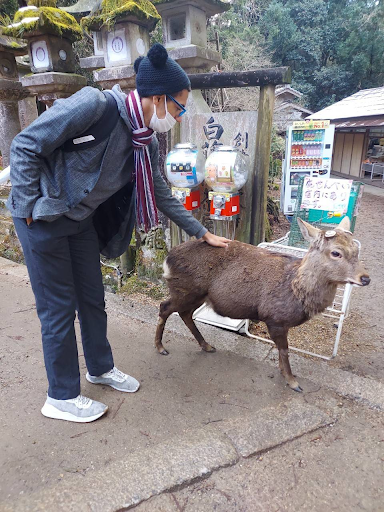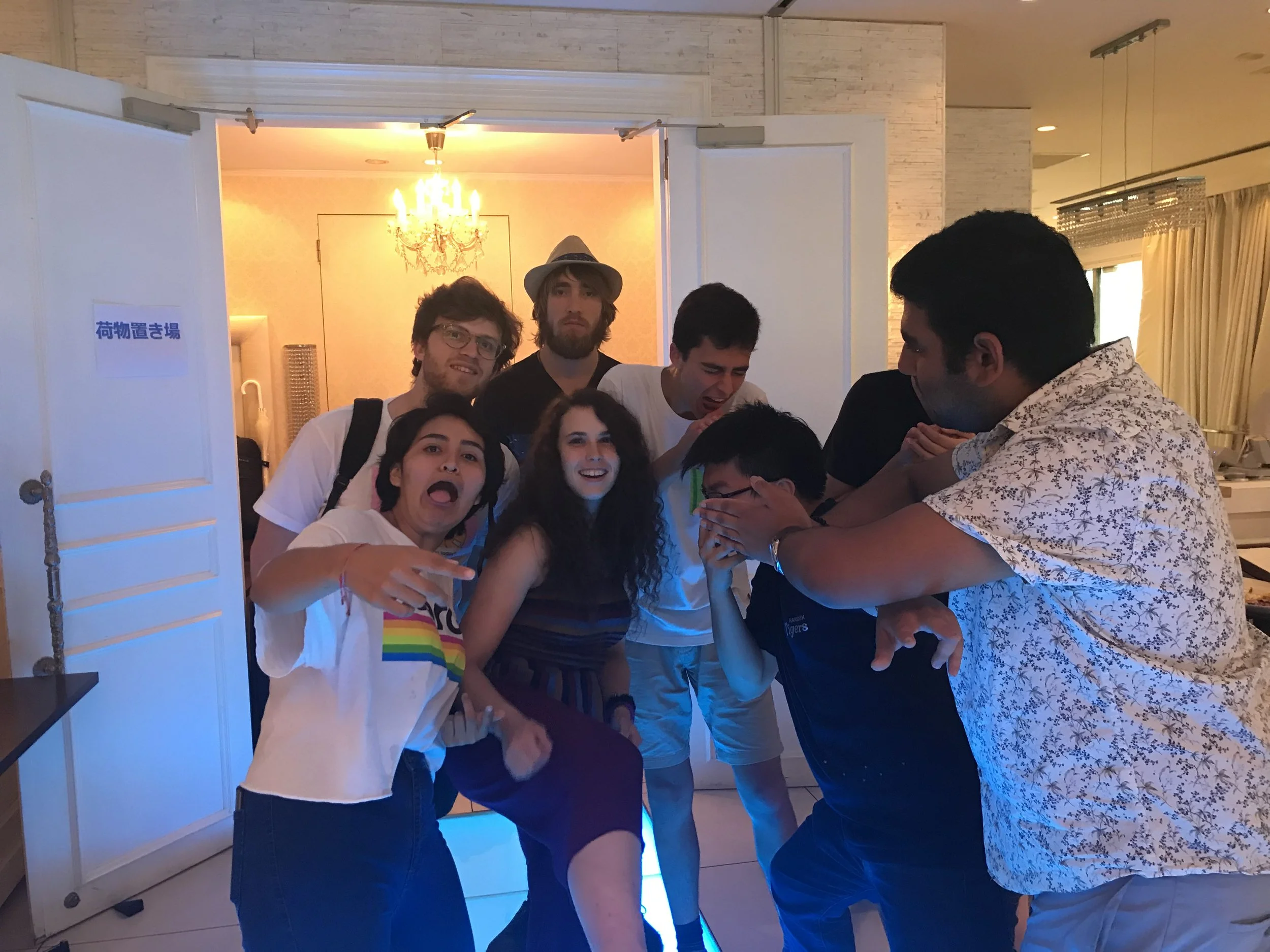by COOJ Returnee, Jennifer Tran
It never ceases to amaze me the remarkable growth I witness–not only in our students but within the coaches and myself as these young minds open up new avenues of learning for us all. As a leader and educator, embracing new experiences and opportunities has allowed me to grow both in my professional and personal life.
Initially, there was some hesitation on my part when assigned to Fukui, overshadowed by a twinge of envy for those flying to the tropical island of Okinawa. Yet, what unfolded was the summer’s most memorable journey for myself and my team. The students and locals warmly welcomed us, even providing us with a nifty souvenir that is hung up in my room–a feature in the local newspaper with our faces inked across the page. It was in Fukui where we found richer connections, not only among ourselves but with the students and community as we engaged in genuine and authentic cultural exchange. It was here, being removed from the familiarity of Tokyo’s foreigner friendly infrastructure, that my Japanese skills were truly challenged. With the town seeing few tourists and foreigners, it demanded more thoughtful communication but yielded a deeper understanding and appreciation for the local culture and language.
My team and I spent our evenings exploring the city’s only mall to unwind from class, forming bonds and memories difficult to replicate in the big city. Exhausting the shopping mall’s limited options turned into serendipitous moments of camaraderie as we sat at Burger King for hours engaging in earnest conversation, shared laughter, and creating lasting memories. The scenery itself was a testament to serenity as the beach was situated right behind the school, providing a picturesque escape from the chaotic urban life. Daily walks home were accompanied by sunsets over pristine hills and flowing rivers populated by rainbows of Koi, a luxury too easily taken for granted and overlooked. Had my summer been confined to the familiarity of Tokyo, these unique experiences and memories would have eluded me. It is in these moments, cultivated in an environment of discovery and respect, that underscore the value of immersing oneself in the unknown.
“It is in these moments, cultivated in an environment of discovery and respect, that underscore the value of immersing oneself in the unknown.”
My team and I spent our evenings exploring the city’s only mall to unwind from class, forming bonds and memories difficult to replicate in the big city. Exhausting the shopping mall’s limited options turned into serendipitous moments of camaraderie as we sat at Burger King for hours engaging in earnest conversation, shared laughter, and creating lasting memories. The scenery itself was a testament to serenity as the beach was situated right behind the school, providing a picturesque escape from the chaotic urban life. Daily walks home were accompanied by sunsets over pristine hills and flowing rivers populated by rainbows of Koi, a luxury too easily taken for granted and overlooked. Had my summer been confined to the familiarity of Tokyo, these unique experiences and memories would have eluded me. It is in these moments, cultivated in an environment of discovery and respect, that underscore the value of immersing oneself in the unknown.
The students truly illuminated my time in Fukui as I learned more from them than I could have imagined. Despite their limited exposure to foreigners and English, their eagerness to engage with us was palpable, fostering connections in no time. Laughter became a constant presence in the classroom as we navigated language barriers together, turning misunderstandings into valuable learning moments. They had been speaking English so much for the first time that they accidentally spoke to their parents in English at home!
It was a privilege to witness their flourishing confidence, not only in their English abilities but also in discovering themselves. As they shared their life missions, or ikigai, I found myself profoundly inspired by their depth of critical reflection about their individuality and belonging in the world. One student, in particular, captivated me with her passion for art and her aspiration to help others see the vibrancy of colors. When asked what her favorite color was, her inability to choose just one revealed a boundless enthusiasm for the spectrum of life's hues.
From these remarkable young minds, I discovered a profound truth: each individual possesses a unique hue, a distinct shade that contributes to the masterpiece of our collective experience. Their vibrant personalities and insightful reflections have left an indelible mark on my heart, reminding me of the beauty found in embracing diversity and celebrating individuality. Thus, my purpose, my ikigai, is to guide students on their journey of self-discovery, helping them uncover their distinctive hue and their rightful place within the masterpiece of life's canvas, enriching the tapestry of our shared existence.





















